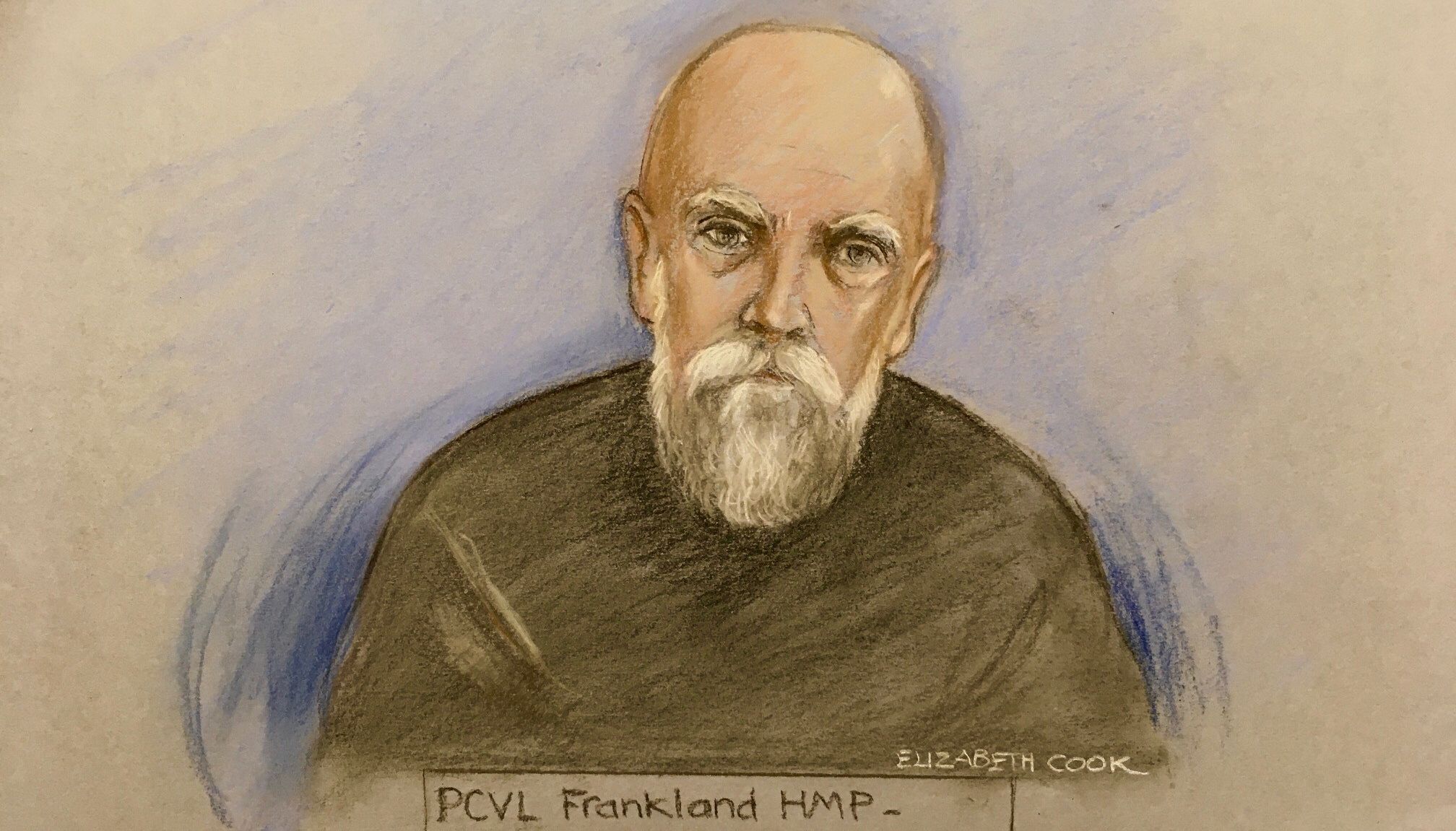Sarah Everard killer due in court over flashing charges
Four incidents of alleged indecent exposure are said to have taken place earlier that year in Swanley, Kent.
Don't Miss
Most Read
Trending on GB News
Sarah Everard’s killer Wayne Couzens is due to return to the Old Bailey to face a string of flashing charges.
Couzens, 49, is serving a whole-life sentence for the kidnap, rape and murder of 33-year-old marketing executive Ms Everard in March last year, when he was a serving Metropolitan Police officer.
Court artist sketch by Elizabeth Cook of Wayne Couzens appearing via video link at Westminster Magistrates' Court, London, where he is charged with four offences of indecent exposure, which allegedly took place between January and February 2021.
Elizabeth Cook
Four incidents of alleged indecent exposure are said to have taken place earlier that year in Swanley, Kent.
On Tuesday, Couzens, from Deal in Kent, is due to appear at the Old Bailey by video link from prison before Judge Mark Lucraft QC.
Couzens, a former armed officer with the Met’s Parliamentary and Diplomatic Protection Command, is due to formally enter pleas to four charges of indecent exposure.
The charges allege that he “intentionally exposed his genitals intending that someone would see them and be caused alarm and distress”.
The incidents are alleged to have taken place on four occasions in Swanley, Kent, between January 22 and February 1 2021, January 30 and February 6, on February 14 and February 27.
The case was sent to the Old Bailey last month following a hearing at Westminster Magistrates’ Court.
Chief Magistrate Paul Goldspring had said the case was suitable for trial at the magistrates’ court but Couzens opted for it to be heard at a Crown Court.










